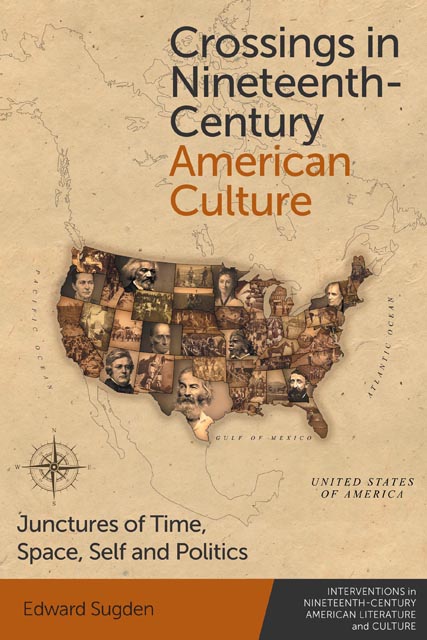12 - Antiquity/Modernity: An Issue of Puck Magazine, 1889
Published online by Cambridge University Press: 26 November 2022
Summary
Consider one particular issue of Puck magazine – the satirical periodical that appeared weekly between the 1870s and 1918 – published on Wednesday, 17 July 1889. There is nothing exceptional about it in terms of the magazine's output, and from a cultural or print-history perspective there are many things one could pick up on: the caricatured realism of its numerous illustrations and cartoons; the insight it now offers into the historical contingency of humour; its advertisements (one for the first Kodak camera, just over a year on the market by this point); its irreverent distillation of all the vanities, worries and cant of middle-class American life in the late nineteenth century. Such would be the typical frames and contexts that a reconstruction of this issue's historical ecology might rest on. But two elements of this particular issue of Puck, the cartoon on the front cover and a story inside by Charles Chesnutt, are the subject of this essay; or, rather, the subject will be how the constellation of historical relations that exist within and between these two elements ask us in turn to address the problem of how we read them ‘in context’. The point will be to take a perhaps counterintuitive perspective on the relationship between history and our ways of reading, and the forms of historical time we have to encounter when the nineteenth century no longer seems a feasible container for the object in our sights.
The issue in question carried on its front cover (Fig. 12.1), as usual, a satirical cartoon. It was drawn by Joseph Keppler, an Austrian immigrant who founded the magazine in 1871 and as a regular contributor came to characterise its house style; his ceaseless critiques of American politics and his adeptness with historical – especially classical – allusions still mark him out as the one of the era's great satirists. This particular image, once you decode it, lampoons the newly elected Benjamin Harrison's Republican Party and their commitment to trade tariffs, an issue that had dominated the recent presidential campaigns. It's a characteristically pointed bit of mockery for the pro-Democrat magazine: the bloated Sultan of Monopoly (with his sword of money, or ‘boodle’, and the hookah pipe of aromatic ‘war tariffs’ still in place after the Civil War) is flattered by the music of trade protectionism from a feminised Republican Party administration.
- Type
- Chapter
- Information
- Crossings in Nineteenth-Century American CultureJunctures of Time, Space, Self and Politics, pp. 195 - 205Publisher: Edinburgh University PressPrint publication year: 2022

